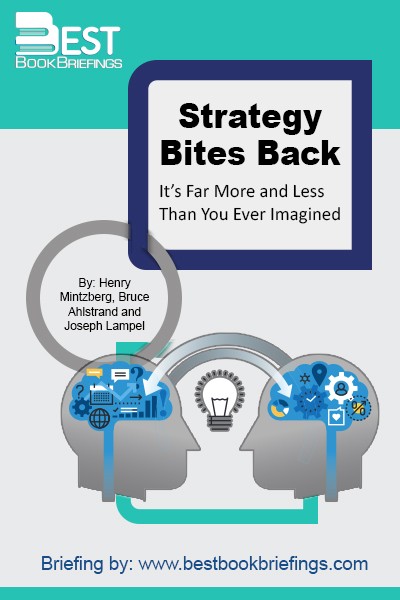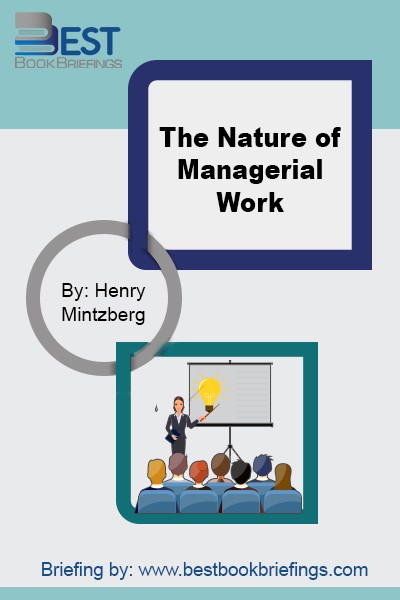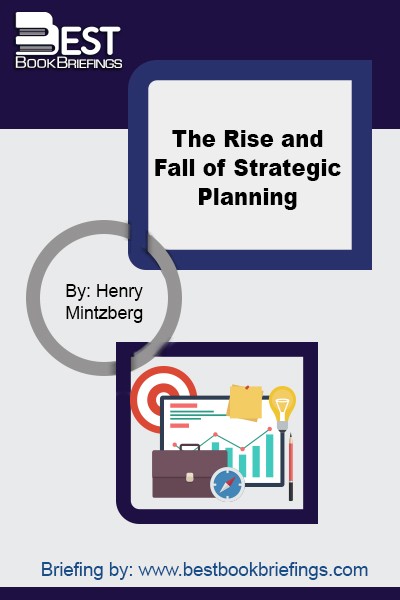Strategy Bites Back
It’s Far More and Less Than You Ever Imagined
Editorial Review
The Malcolm Baldrige Award is given annually to companies that have extremely high quality. In 1990, the Wallace Company, a family-run distributor of pipes and valves in Houston won in the small business category. Unfortunately, glowing reviews about the company didn’t transfer into results. Quality alone wasn’t the recipe for success. The award did nothing to overcome a severe downturn in the oil business, and a loss of focus by the management team. A few years later the company was in bankruptcy. Many companies fail like this. They merely focus on one or two issues, whether it was quality, price wars, cost reduction, etc, that they fail to see the whole picture. They let urgent, but often less important things, grab their full attention. They face the future with the exalted courage of a fireman. But what they really lack is the mind of a general. Strategizing, planning and weighing the options are the tasks a general doe. Strategy is what most failing businesses lack. A strategy is not a document, but a management tool. A strategy should not be placed on a shelf or a drawer, but turned into actions.
Books on Related Topics
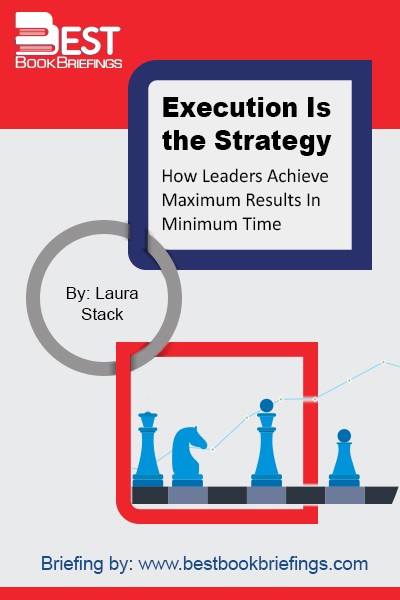
Today, leaders lean more on their team members to help them make solid, reliable decisions on how to best execute the objectives that advance the ultimate organizational strategy. That’s why execution is the strategy. You can’t strategize your way to greatness; you execute your way there! Strategy can’t be separate from

Today, that way of thinking about strategy is in tatters. It would be easy to bemoan the loss of so much security and stability, and it is indeed important to be candid about the downsides and the social adjustment costs. But it’s just as important to be excited about the opportunities
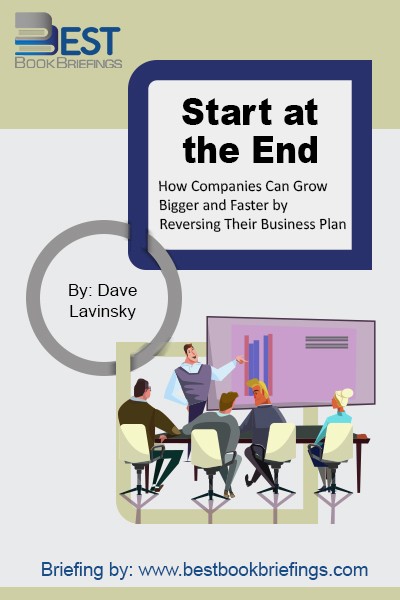
Business owners, and their teams, often lose their way in the midst of the day-to-day stress of generating sales and profits. Suddenly, everyone becomes so focused on short-term goals that the entire organization loses sight of the long-term vision. The solution is to start at the end. When you know where

